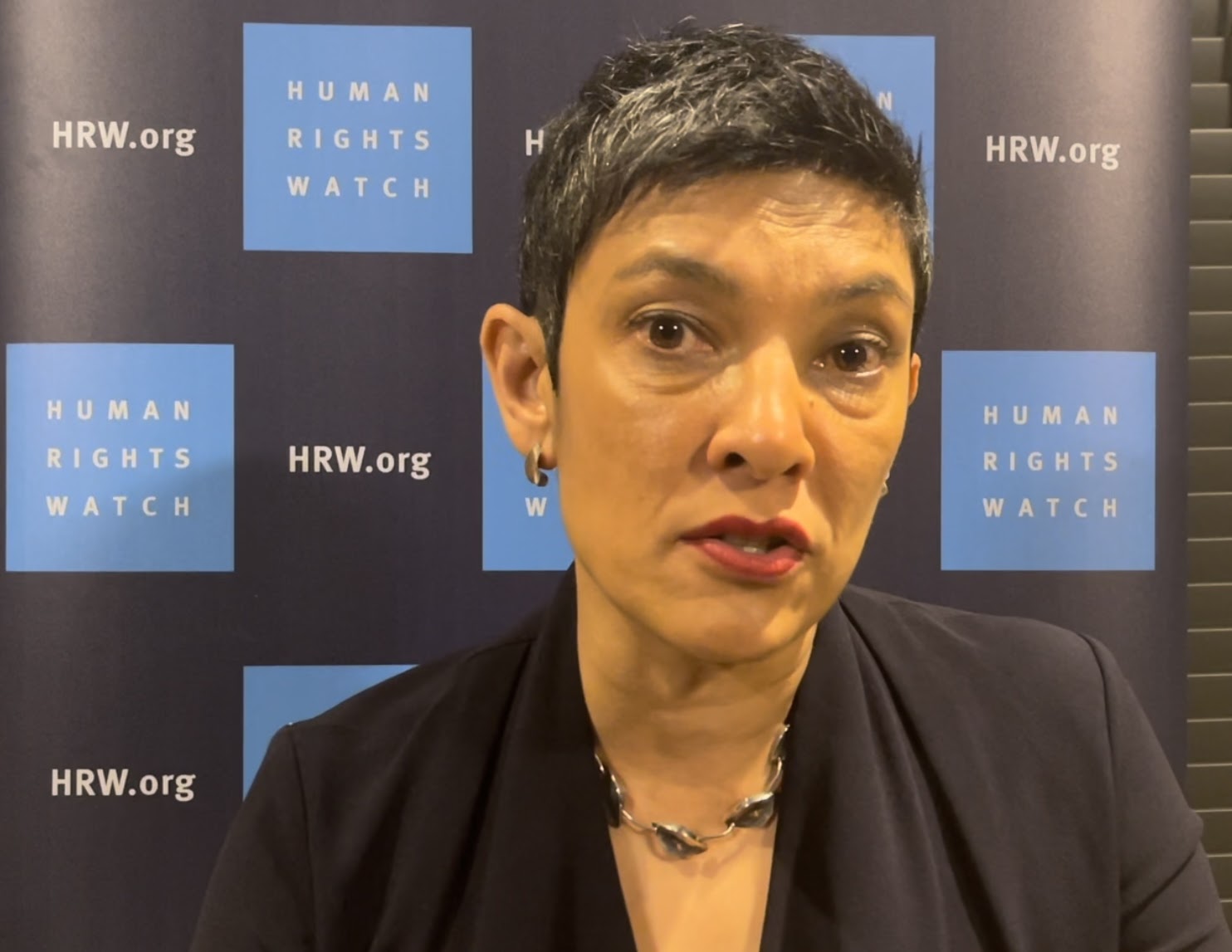Six months after the alleged Kishishe massacre in eastern DRC between November 23 and December 1, 2022, Human Rights Watch released a report accusing M23 rebels of killing many civilians after fighting with Mai-Mai Mazembe, Nyatura, and the genocidal militia, FDLR.
It claimed that in April and May, after the M23 withdrew from Kishishe, it interviewed 21 people by telephone, and some said they had witnessed executions or they were forced by M23 to bury bodies.
“All interviewees believed that the M23, which controlled Kishishe between late November and early April, executed the vast majority of the victims,” reads parts of the report.
Attaching Rwanda to M23, Clémentine de Montjoye, a researcher at HRW, called out the international community to impose sanctions “on those implicated in abuses, including Rwandan commanders supporting the M23.”
An innocent reader could think that HRW released a report after six months because it took time to collect evidence so as to tell the truth, protect the rights of people and bring perpetrators to justice as it claims. However, the reason behind its report is far from that.
Though it brands itself as a human rights defender, HRW’s activities are nowhere near human rights advocacy. It engages more in political advocacy, while hiding behind the banner of human rights.
In the Kishishe case, the HRW report is advancing Kinshasa’s narrative of finger-pointing Rwanda in the M23 conflict, which exactly falls in its long-time goal of tarnishing the country’s image.
Their evidence gathering methods are equally questionable. The report relied on witnesses whose stories cannot be verified and who may testify for political advantage or because they fear retaliation from their own government.
HRW claimed to carry out the investigations after M23 withdrew. But they used telephones to conduct interviews with villagers, satellite imagery, photographs, and videos. Regardless of how poor and unreliable the research method was, this could be done even in two weeks. However, the right timing for them was when the M23 crisis is being sorted out and Rwanda is not being linked to the chaos in eastern DRC. HRW’s is to ensure that a smear campaign against Rwanda never ends. So, this was good timing.
Human Rights Watch excessively focuses on condemning Rwanda and promotes an agenda based solely on Kinshasa’s narrative of victimization and Rwanda’s aggression.
Since 1994, after the genocide against the Tutsi, HRW has been releasing false reports that serve to pursue the organization’s malicious campaign against Rwanda and riding on various situations, incidents, or events.
For instance, in 2017 right after the presidential elections, HRW released a report on supposed extrajudicial killings in Rwanda which was later found to be completely inaccurate. Following the sham report, a counter-investigation carried out by the Rwanda National Human Rights Commission discovered that many of the alleged victims turned out to be alive. Other supposed victims could not be traced and were found to be unknown in the villages they reportedly came from. The rest were found to have died of various natural causes – all accounted for by their families.
In September 2021, nine months before the Commonwealth Heads of States and Government Meeting (CHOGM) took place in Kigali, HRW tried some sabotage so that Rwanda would fail to host the meeting. Without evidence, proof or verifiable fact, the organization released a report accusing Rwandan security forces of a “clear up” of the streets of Kigali and taking people deemed “undesirable”, such as street children, street vendors, sex workers, homeless people, and beggars, to an unofficial detention facility. Perharps some readers who know nothing about how Rwanda’s government really cares for its people believed the lies.
But the malicious allegations, just like many others before, turned out to be a fairytale, and the meeting took place.
From advocating for the Rwandan genocidal militia, FDLR, and its splinter groups to be integrated in Rwandan politics, to portraying Ingabire Victoire as an innocent victim of oppression, and alleging that pardoned terror convict Paul Rusesabagina was convicted in a flawed trial, Human Right Watch has never been at ease unless it has some nasty thing to say about Rwanda and its leadership.
All evidence indicates that HRW’s discourse on Rwanda is a threat to the country and to peace and stability in the entire region









